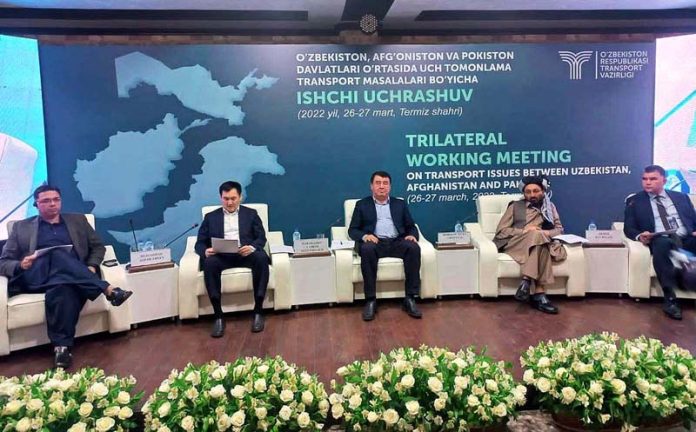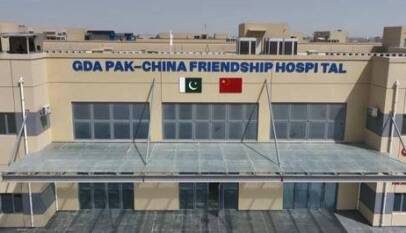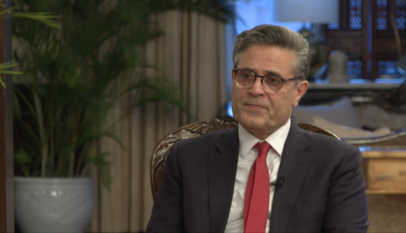Railway line among Pakistan, Uzbekistan & Afghanistan to prove game changer for region: Mohammad Azfar Ahsan
Mohammad Azfar Ahsan, Minister of State and Chairman of the Board of Investment (BoI), who represented Pakistan at the conference in the Uzbek city of Termez, emphasized the importance of the 600-kilometer railway link and thanked the Uzbek government for hosting the talks. He also stated that the extension of the CPEC could enable Afghanistan to join the Belt and Road Initiative (BRI). During the conference, the Pakistani side addressed freight transportation options in the country and proposed ways to expand commerce between the three countries. Furthermore, the railway track would connect Termez, Mazar-i-Sharif, Kabul, and Peshawar, promoting trade in the region, particularly for Afghanistan and Uzbekistan, which are both landlocked.
ISLAMABAD: Pakistan has told a trilateral working meeting on a railway link with Afghanistan and Uzbekistan that the project would prove to be a game changer for the region’s future.
Minister of State and Board of Investment (BoI) Chairman Mohammad Azfar Ahsan, who represented Pakistan at the meeting concluded in the Uzbek city of Termez, attached great importance to the 600km railway link and appreciated the Uzbek government for organising the talks.
The railway track would link Termez, Mazar-i-Sharif, Kabul and Peshawar to promote trade in the region, especially for landlocked Afghanistan and Uzbekistan.
During the meeting, the Pakistani side discussed the availability of cargo transportation in the country and put forward proposals to increase traffic volume between the three countries, the BOI said in a press release on Saturday.
During talks with Afghan and Uzbek officials, BoI chairman discusses cargo transportation availability and ways to increase traffic volume
“This trans-Afghan railway project is the most economical and shortest route connecting Central Asia with the Pakistan’s Karachi, Gwadar and Qasim ports,” the BoI chairman said.
This connectivity had become a defining feature of the modern economy, and Central Asia needed to develop southern trade links to complement existing routes to the north, east and west, he said.
Pakistan and Uzbekistan were poised to play a major role in the future political and economic disposition of the region, he said, and stressed that both countries “are fortunate to be led by leaders who have the vision, will and determination to work together to steer their countries and the region towards a brighter future”.
He underscored that Pakistan’s geography made it the shortest, most economical and easiest land route to the Arabian Sea for both Uzbekistan and Afghanistan.
He emphasised that Afghanistan was termed the “heart of Asia”, as it connected different regions, especially Central Asia via Tajikistan, Turkmenistan and Uzbekistan; South Asia via Pakistan; and the Middle East via Iran.
Elaborating on the importance of the China-Pakistan Economic Corridor (CPEC), the BoI chairman said that its extension could potentially help Afghanistan become part of the Belt and Road Initiative.
Governor of the Surkhandarya region Bobolov To’ra Abdievich, Minister of Transport of Uzbekistan Ilkhom Makhkamov, Deputy Minister of Transport and Civil Aviation of Afghanistan Akbar Jan Polad, and Deputy Minister of Investments and Foreign Trade Choriyev Otabek Bobomuratovich also gave their input on the project during the trilateral talks.
Pakistan, China partner to boost cotton production through technology
Two major government-backed institutions, one from China and the other from Pakistan, have…










